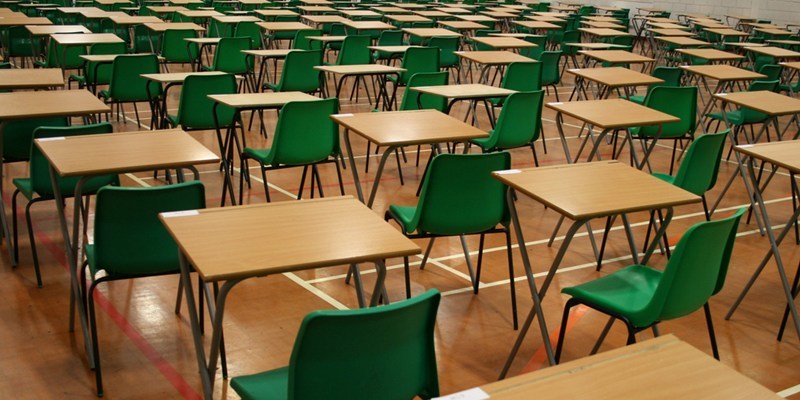Creating a city campus will have “clear advantages” for pupils and teachers, Dundee’s education director has claimed.
A report by Jim Collins has been released by the city council in advance of Thursday’s budget meeting, at which councillors will be asked to approve savings of almost £15 million for 2011-12.
Just over £4 million of that total is set to come out of education spending, and almost £300,000 of that will be accounted for by the campus project through which pupils taking advanced highers or less popular highers travel to different schools, or to Dundee or Abertay universities, for lessons.
The concept was announced by the council’s SNP administration in December and Mr Collins’ report has added detail about how it will work in practice.
At present S6 pupils in Dundee can choose from 13 advanced highers to study, but because of the small numbers involved not every course is on offer at every secondary school.
In 2010 pupils sat only 300 advanced highers with maths, art and English the most popular.
However, more than half the courses had fewer than 20 entrants.
It was a similar picture for what the council terms minority highers around 430 exams sat across 14 subjects with the number of pupils taking each course varying from 52 for administration to just 11 each for German and dance.
The aim of setting up the campus is to allow pupils greater choice by offering them subjects they might not be able to do at their own school.
Pupils from across the city doing a particular course can be brought together in one place to learn alongside each other, with universities providing accommodation for the non-practical subjects.TransitionMr Collins said, “This will be a very positive arrangement for senior pupils and should ease their transition to further or higher education.”
Each subject will be allocated one afternoon’s study per week the equivalent of three periods with pupils having another two periods each week of teaching or study time at their own school.
“It will ensure subject teachers across the secondary sector continue to be actively involved in the delivery of advanced higher and minority higher courses in their own school setting.
“Two clear advantages of the campus approach is that more effective use will be made of teacher resources and pupils will benefit from interaction with peers of similar ability from different schools.”
At this stage it is not known how many pupils will be involved in the campus if it starts as planned in the summer, as this depends on course choices yet to be made.
However, Mr Collins’ report estimates staffing savings for the 2011-12 financial year will amount to £297,000, rising to £481,000 in a full year.
The cost of transporting pupils is reckoned to be no more than £11,000 a year.
The city campus will operate on no more than two afternoons per week, so the pupils taking part will stay in their own schools at all other times.
Meanwhile, the council has confirmed it is seeking to cut the number of deputy head teachers at primaries from 50 to 23, saving £854,000 in 2011-12 although these losses will be offset by the creation of principal teacher posts.
It has altered its original proposal following consultations and, if approved, the new scheme will see deputy heads removed from the 15 smallest primaries.
Photo used under Creative Commons licence courtesy of Flickr user comedy_nose.
